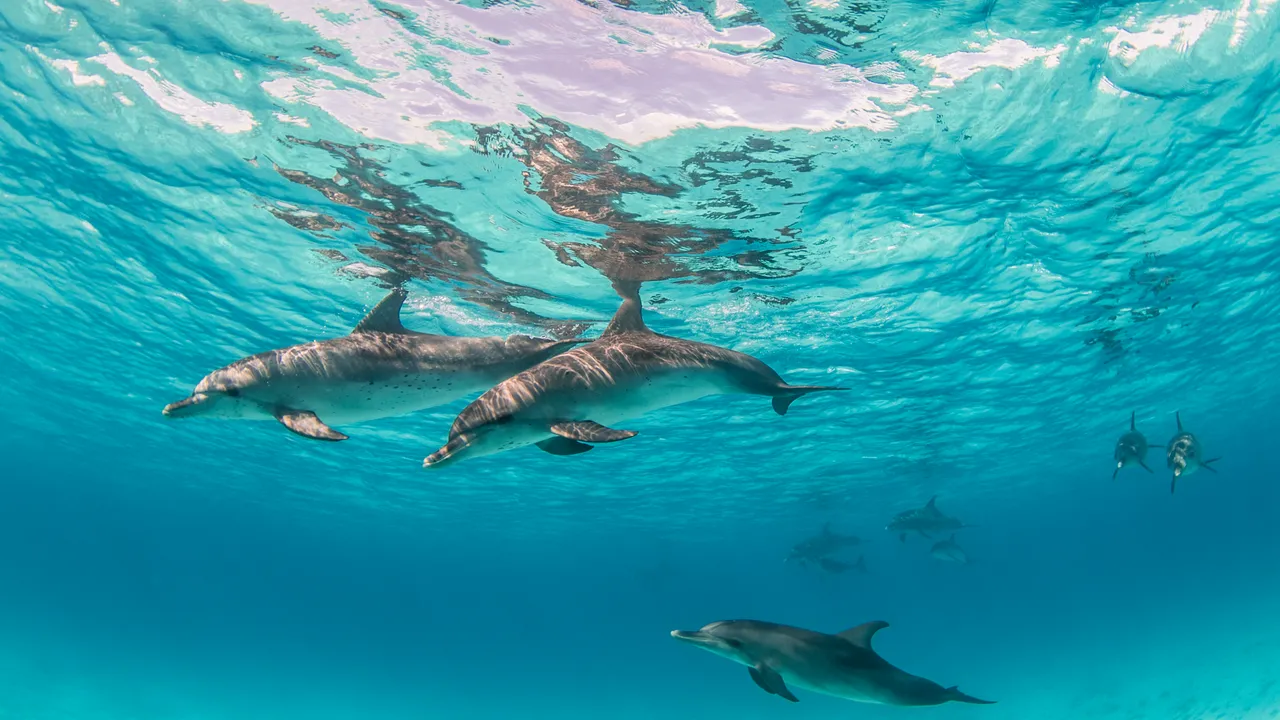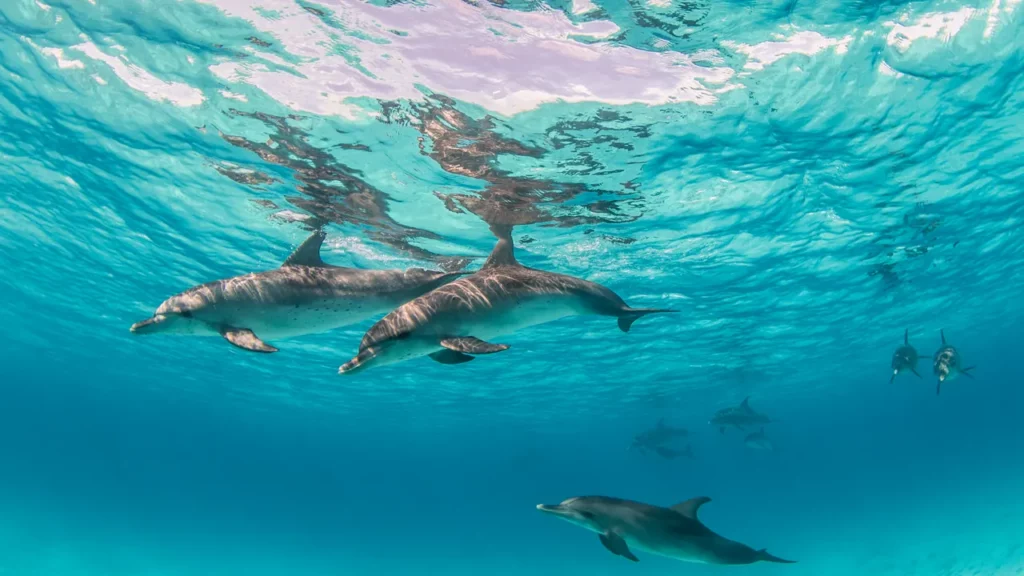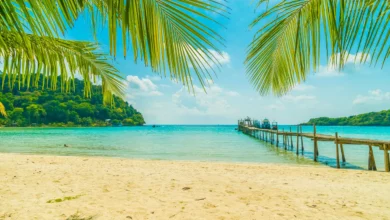
Bali Dolphin Encounters and Conservation Efforts
Bali, the island of Gods, offers more than just its captivating landscapes and vibrant culture. This tropical paradise is also home to some of the world’s most fascinating marine creatures – the dolphins. Tourists are offered unique experiences to witness these intelligent creatures in their natural habitat. This article aims to unveil the wonders of Bali’s dolphin tours, conservation efforts, and ethical considerations around dolphin interaction.
The Allure of Bali Dolphin Tours: A Closer Look
Bali Dolphin Tours have risen in popularity over the years, becoming a must-visit destination for nature enthusiasts worldwide. The tours offer an intimate encounter with dolphins, providing tourists with an opportunity to see these playful creatures in the wild. This unique experience is often conducted at Lovina Beach, located in the northern part of Bali, which is known for its calm waters and stunning sunrise views.
Getting up before dawn, tourists set out on traditional Balinese boats into the calm sea. As the sun starts to rise, painting the sky in hues of orange and pink, the enchanting show of dolphins swimming freely in their natural habitat begins. The sight of these creatures leaping out of the water in perfect synchrony is truly a spectacle to behold.
However, it’s not just about the spectacle. Dolphin tours also aim to educate visitors about the life and behavior of these intelligent marine mammals. Tour operators usually provide insights about different dolphin species, their social behavior, feeding habits, and conservation status. This educational aspect of the tours helps to raise awareness about marine conservation among visitors.
While the tours offer thrilling encounters with dolphins, it’s crucial to remember that these are wild animals and they should not be disturbed or harmed in any way. Visitors are always reminded to maintain a respectful distance from the dolphins, ensuring a mindful coexistence between humans and these magnificent creatures.
Protecting the Magnificent Dolphins: Bali’s Conservation Efforts
Alongside the exhilarating dolphin encounters, Bali’s initiatives towards marine conservation are equally notable. A pivotal component of these efforts is ensuring the sustainable practice of dolphin tours. It’s integral to strike a balance between tourism activities and the preservation of the marine ecosystem. Therefore, regulations have been put in place to limit the number of boats per trip and restrict disruptive human behaviors.
Furthermore, Bali is home to several conservation organizations dedicated to the protection and preservation of marine life, including dolphins. These organizations work relentlessly towards protecting the dolphins from threats such as fishing nets, marine pollution, and habitat degradation. They also conduct research and spread awareness about the importance of marine conservation.
Educational programs form another crucial aspect of conservation efforts. Local schools and communities are educated about the significance of dolphins in the ecosystem, and how human activities can impact their survival. Additionally, tourists participating in the dolphin tours are informed about respectful and non-invasive interaction with these creatures, reinforcing the ethos of eco-tourism.
Lastly, rehabilitation and rescue centers have been established to aid injured or stranded dolphins. These centers are equipped with facilities and trained staff to provide necessary medical care and aid to the dolphins, before releasing them back into the wild. These initiatives showcase Bali’s commitment to preserving its marine biodiversity while offering unforgettable experiences to its visitors.
Dolphin Watching vs Dolphin Interaction: Ethical Considerations
With the growing popularity of dolphin tours, ethical considerations have become more important than ever. The primary concern is to discern between respectful observation, known as dolphin watching, and direct interaction that could potentially disrupt the animals’ natural behavior.
Dolphin watching, when conducted responsibly, is a sustainable practice. It provides a means to appreciate these marine creatures in their natural environment, without causing significant disruption. Guidelines are followed to ensure that boats maintain a safe distance, avoiding any potential stress or harm to the dolphins.
On the other hand, direct interaction with dolphins often raises ethical concerns. Activities such as feeding or swimming with dolphins can potentially disturb their natural behavior and diet. Moreover, it’s essential to remember that dolphins are wild animals and not all interactions are safe for humans or dolphins alike.
The overarching principle is respect for these intelligent marine creatures and their habitat. Conservation organizations and tour operators emphasize responsible tourism practices, ensuring the welfare of the dolphins is always prioritized. The goal is to create an experience that is not only enjoyable for tourists but also contributes positively towards marine conservation.

In conclusion, Bali offers an incredible opportunity for tourists to witness dolphins in their natural habitat. While the allure of a “swim with dolphin Bali” experience might seem appealing, it’s essential to consider the ethical implications of such activities. With a focus on sustainable tourism and marine conservation, both tourists and locals can contribute to ensuring the protection and survival of these majestic creatures. Embracing responsible practices like respectful dolphin watching over intrusive interaction is a positive step towards the coexistence of human interests and marine life welfare.




